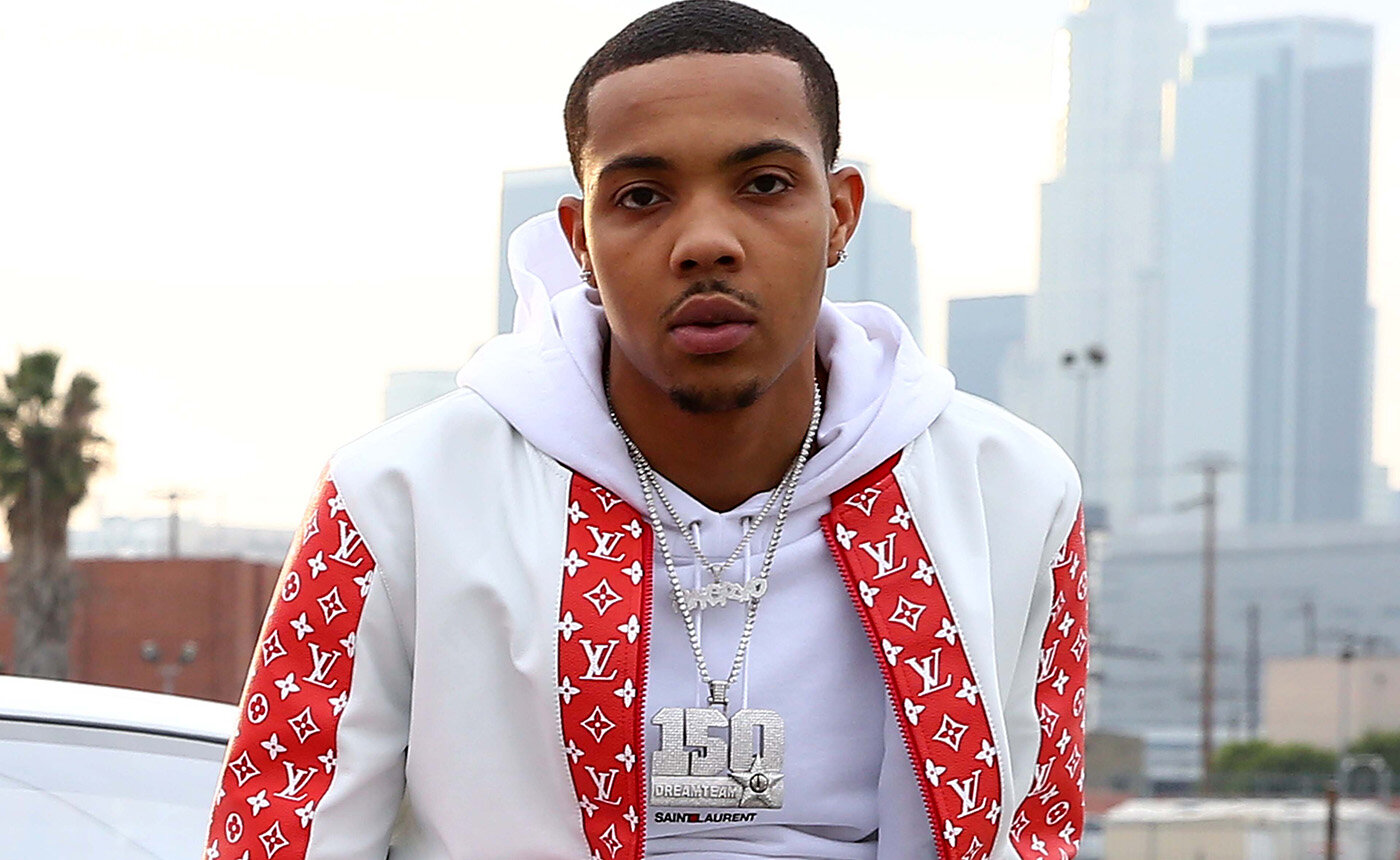A Flawless 3-Peat: 'Almost There' Mixtape Review
On the heels of Lucki’s last two flawless projects, Freewave 3 and Days B4 III--his latest drop proves that the Prince only gets better with time. Almost There is the one Lucki tape that fully embodies the fast-paced life that he swears by.
Immediately, we see why Lucki donned himself as “FBG Tune”. On track 1, “Tarantino”, Lucki is basking in all of the insecurities he displayed in his songs on Freewave 3. Just like Future, the FBG President, Lucki is unafraid to profess his love for drugs. ”She jealous that promethazine was my first love, I can't help, uh / Codeine never get the best of me and I swim in it like Phelps”. It actually seems like Lucki has found a healthy balance with his drug use. Since he doesn’t necessarily have the same vocal ability as Future, a lot of Lucki’s claims come off less dramatic, and more sincere.
“Unlimited” (as soon as Lucki says “We get high, we get fat” I rewind the song) and “Runnin With'' are one in the same for me, two tracks that make me proud to be a day one Lucki fan.
“I really delete hoes, my love in a past tense”- “Unlimited” / “She really wants me wrapped up that’s some sucka shit”- “Runnin With”, I felt that.
Track eight is titled “Prada Tune''. For anyone who’s ever heard the Lil Uzi “Proud of You'' snippet and was as disappointed as me when it didn’t end up on EA, you need to play this song back a good 10 times so you can stop feeling resentment towards Uzi for never dropping it.
“Prada Tune'' has enough lines to give me captions for my next ten posts. Lucki’s now chalking up his losses and moving on, which is something the rest of the “I want the old Lucki back” folks need to do. It’d be selfish of us to want Lucki to be sad just for the sake of a few songs. Lucki sounds reinvented, he’s brimming to the rim with confidence, and his raps just feel different on his beats. It’s great to hear someone who actually cares about rap, getting better with every release. Every Lucki song feels like a sermon, a sermon for the ill-fated person who still manages to feel alright despite their losses, “No reward for the real, we don’t get plaques” / “Who gon play the fake role, who gon have my back when I need it”. He’s making being alone sound cool, I’m not sure how he’s doing it but it’s exactly what I needed. “Pure Love - Hate” is top 3 on the mixtape.
“Nigo”, I’ll be the one to say this is Lucki’s best song if no one else will. From a fan’s perspective, there’s one line in this song that points to what makes Lucki, Lucki.
There’s a line for his love for cars, toying with twelve by taking them on high speeds; along with how he never has to worry about anything when he’s with people closest to him; his love for codeine, how he’d rather be himself than try to look cool, and he even gives props to his elders for making it easy to be real.
“Almost There” isn’t even an album, but it’s easily one of the best drops this year. It’s the first time we’ve seen the King of the Underground in a content state in a while. Hopefully, fans that claim they’ve been there from the jump can let go of the sad Lucki, and embrace him...As he is nearly flawless now.
Favorite Tracks
Unlimited
Runnin With
Nigo
Rating: 10
Listen to Almost There here:
Thanks for reading! Make sure to follow us on Instagram, Facebook, & Twitter to get updated whenever we post:

























